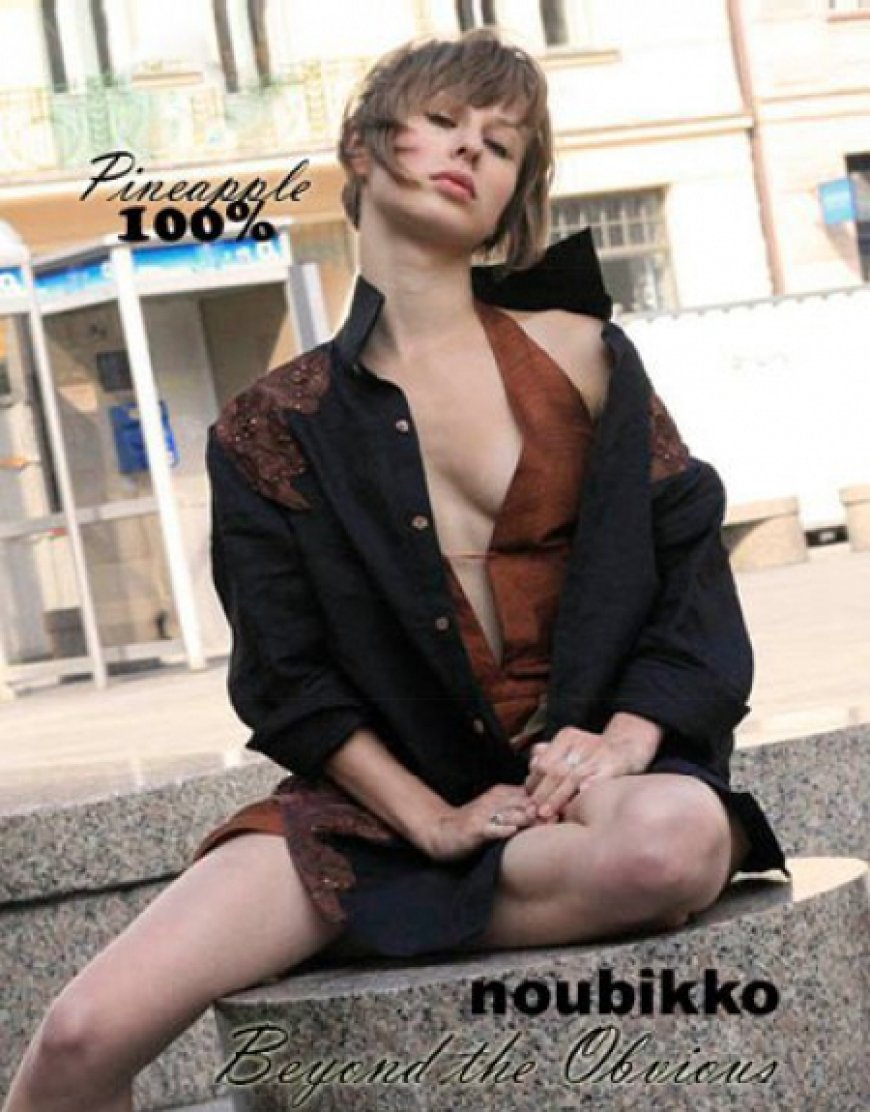Pope Leo XIV to movie makers: Film can portray ‘longing for the infinite’

 Film director Spike Lee gives Pope Leo XIV a customized New York Knicks jersey at the Vatican on November 15, 2025. / Vatican Media
Film director Spike Lee gives Pope Leo XIV a customized New York Knicks jersey at the Vatican on November 15, 2025. / Vatican Media
Vatican City, Nov 15, 2025 / 13:45 pm (CNA).
Pope Leo XIV told representatives of the global film industry on Saturday that cinema is far more than entertainment, calling it a vehicle capable of expressing humanity’s deepest spiritual search and its longing for the infinite.
The pope received a group of filmmakers, actors, and producers at the Apostolic Palace Nov. 15. Among those greeting him were Academy Award–winning Australian actress Cate Blanchett, American actor Chris Pine, Italian actresses Monica Bellucci and Maria Grazia Cucinotta, and Oscar-winning director Spike Lee.
Ahead of the audience, the Vatican released a list of some of the pope’s favorite films, including “The Sound of Music” and “Life is Beautiful.”
Addressing the artists, the pope said cinema is “still a young, dreamlike and somewhat restless art form,” and that although it began as a “play of light and shadow, designed to amuse and impress,” it soon began to convey “much deeper realities,” eventually becoming “an expression of the desire to contemplate and understand life, to recount its greatness and fragility and to portray the longing for infinity.”
He told them: “It is wonderful to see that when the magic light of cinema illuminates the darkness, it simultaneously ignites the eyes of the soul. Indeed, cinema combines what appears to be mere entertainment with the narrative of the human person’s spiritual adventure.”
One of cinema’s most valuable contributions, he said, is “helping audiences consider their own lives, look at the complexity of their experiences with new eyes and examine the world as if for the first time,” thus rediscovering “a portion of the hope that is essential for humanity to live to the fullest.” He added, “I find comfort in the thought that cinema is not just moving pictures; it sets hope in motion!”
The cinema as the heart of community life
“Entering a cinema is like crossing a threshold,” the pope said. “In the darkness and silence, vision becomes sharper, the heart opens up and the mind becomes receptive to things not yet imagined.” Through their work, filmmakers “connect with people who are looking for entertainment, as well as those who carry within their hearts a sense of restlessness and are looking for meaning, justice and beauty.”
“We live in an age where digital screens are always on,” he continued. “There is a constant flow of information. However, cinema is much more than just a screen; it is an intersection of desires, memories and questions. It is a sensory journey in which light pierces the darkness and words meet silence. As the plot unfolds, our mind is educated, our imagination broadens and even pain can find new meaning.”
He stressed that cultural institutions such as cinemas and theaters are “the beating hearts of our communities because they contribute to making them more human,” adding: “If a city is alive, it is thanks in part to its cultural spaces. We must inhabit these spaces and build relationships within them, day after day.”
Nonetheless, he warned that “cinemas are experiencing a troubling decline, with many being removed from cities and neighborhoods,” and noted that “more than a few people are saying that the art of cinema and the cinematic experience are in danger.” He urged institutions “not to give up, but to cooperate in affirming the social and cultural value of this activity.”
Resisting the ‘algorithmic logic’ of the digital age
“The logic of algorithms tends to repeat what ‘works,’ but art opens up what is possible,” he said. “Not everything has to be immediate or predictable. Defend slowness when it serves a purpose, silence when it speaks and difference when evocative. Beauty is not just a means of escape; it is above all an invocation.”
“When cinema is authentic, it does not merely console, but challenges,” he continued. “It articulates the questions that dwell within us, and sometimes, even provokes tears that we did not know we needed to express.”
In the Jubilee Year, he told them, the Church invites everyone “to journey towards hope,” saying their presence was “a shining example” of that. He described filmmakers as “pilgrims of the imagination, seekers of meaning, narrators of hope and heralds of humanity,” whose journey is measured not in distance but in “images, words, emotions, shared memories and collective desires.”
The Church, he said, “esteems you for your work with light and time, with faces and landscapes, with words and silence.” Quoting Paul VI’s words to artists — “If you are friends of genuine art, you are our friends… this world in which we live needs beauty in order not to sink into despair” — he said he wished “to renew this friendship because cinema is a workshop of hope, a place where people can once again find themselves and their purpose.”
He encouraged them to remember the words of film pioneer David W. Griffith: “What the modern movie lacks is beauty, the beauty of the moving wind in the trees,” linking it to the Gospel image of the wind as a sign of the Spirit. “I invite you to make cinema an art of the Spirit,” he said.
“In the present era, there is a need for witnesses of hope, beauty and truth,” he continued. “You can fulfill this role through your artistic work. Good cinema and those who create and star in it have the power to recover the authenticity of imagery in order to safeguard and promote human dignity. Do not be afraid to confront the world’s wounds.” Good cinema, he stressed, “does not exploit pain; it recognizes and explores it.” Giving voice to the complex and sometimes dark feelings of the human heart “is an act of love,” he said, and authentic art “must engage with” human frailty.
Filmmaking, he reminded them, “is a communal effort, a collective endeavor in which no one is self-sufficient,” involving the contributions of countless professionals. “Every voice, every gesture and every skill contributes to a work that can only exist as a whole.”
“In an age of exaggerated and confrontational personalities,” he said, they show that film requires “dedication and talent,” and that everyone’s gifts can “shine in a collaborative and fraternal atmosphere.” He prayed that cinema would “always be a meeting place and a home for those seeking meaning and a language of peace,” and that it would “never lose its capacity to amaze and even continue to offer us a glimpse, however small, of the mystery of God.”
“May the Lord bless you, your work and your loved ones,” he concluded. “And may he always accompany you on your creative journey and help you to be artisans of hope.”
This story was first published by ACI Prensa, CNA’s Spanish-language news partner. It has been translated and adapted by CNA.











